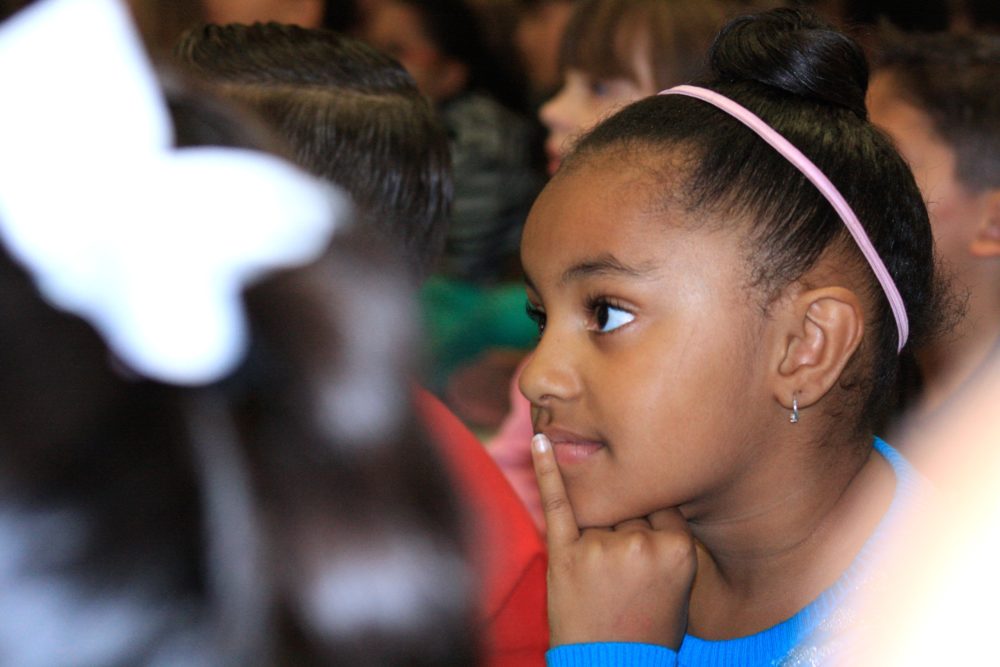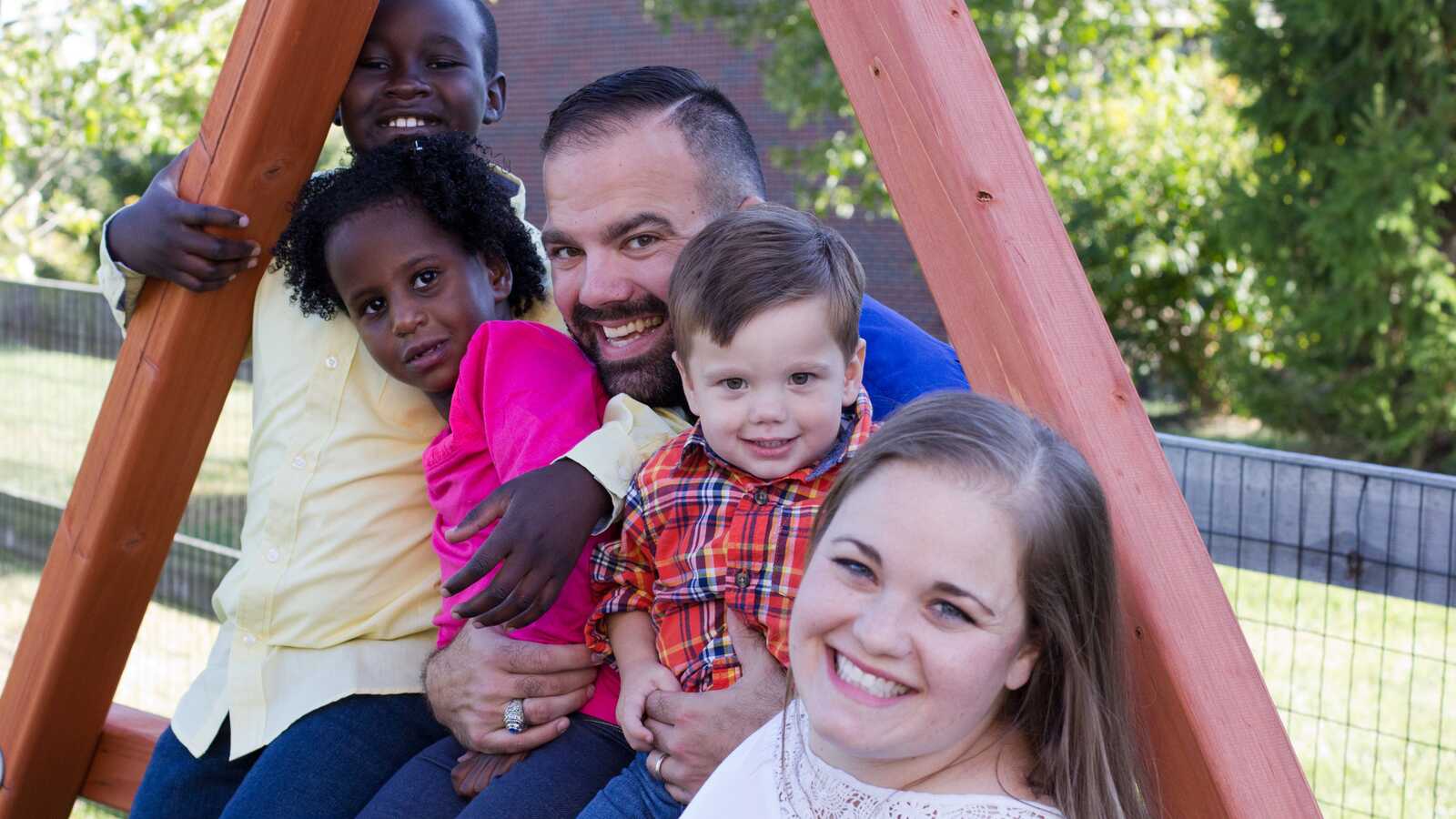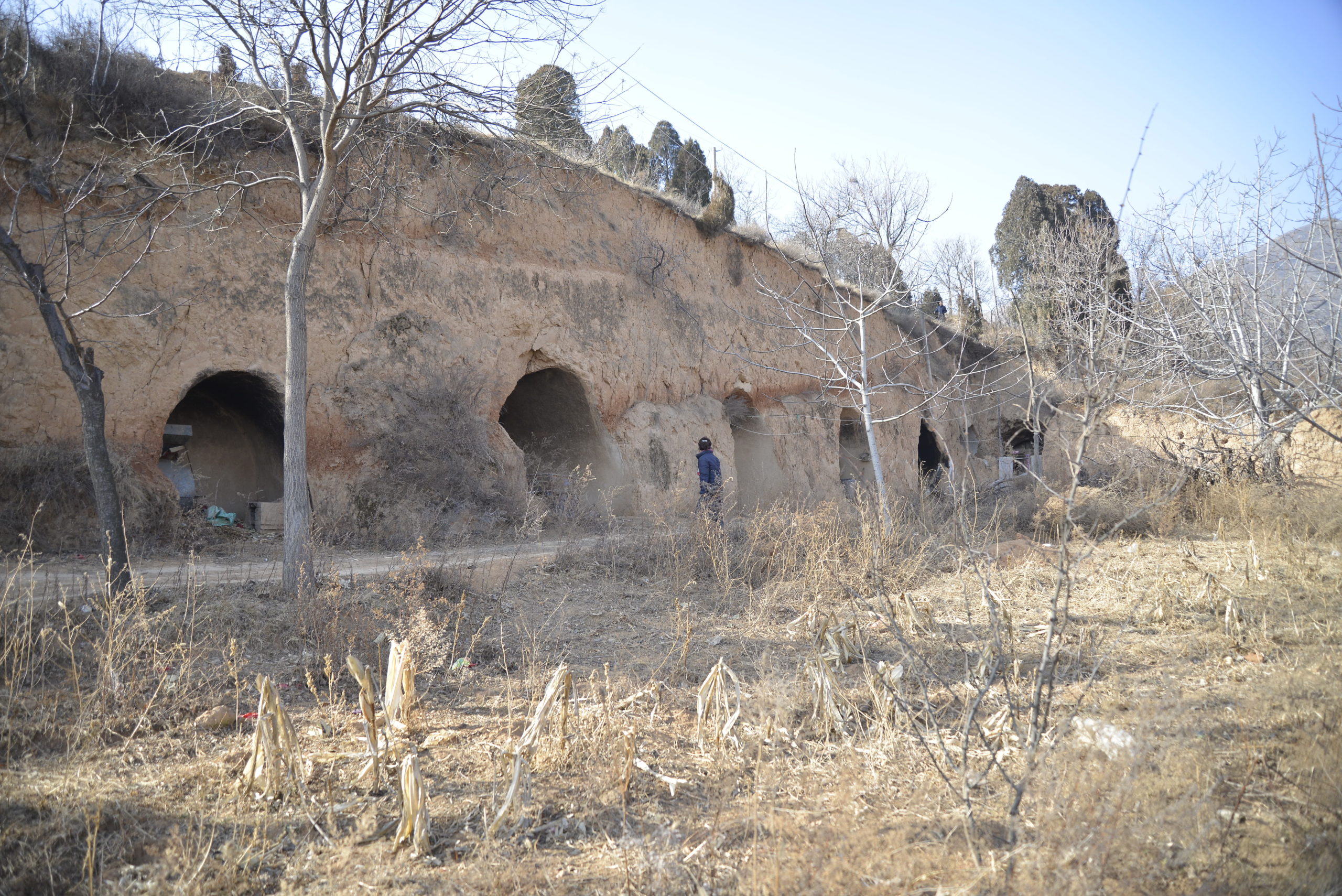Recently, I listened to a recorded radio show at CreatingaFamily.org about adoptees using their own DNA to find their birth family. You all have probably seen the advertisements on TV about these services. I never imagined that they could be useful for international adoptees, but one of the guest speakers on the program was Richard Hill, who runs a search service for adoptees trying to find their families overseas. Richard Hill is also the author of the book, “Finding Family: My search for Roots and the Secrets in My DNA.”
As I learned on the program, adoptees from more underdeveloped regions will have a more difficult time using DNA to find family members still living in their birth country. Because DNA testing and data storage is more prevalent in developed countries like the U.S., however, some international adoptees have on rare occasions found that they have relatives or siblings who have also been adopted internationally.
Access to genetic medical history is another benefit of DNA testing for international adoptees. Holt sometimes receives calls from families who need to start a birth search for medical reasons. Now, with a simple swab of the inside cheek, a person can quickly get the same medical information that they would from a family member. This is all very exciting and it seems plausible that, in time, more countries will have the technology in place that will allow adoptees to have more success in their searches.
However, all of this comes with some cautionary thoughts. If your child wants to do a DNA-based search, prepare them for the outcomes. Only a few searches will reveal an unknown relative or adopted sibling. It is human to hope, but the reality is your child will probably not find a sibling. If your child decides to learn their genetic medical history, the additional information can bring more wondering. It certainly could bring up another round of grief for both your child and you. Acknowledging your child’s grief and how hard it is to not have all the answers is a way to provide support. Accepting your child’s feelings without judgement is always a safe bet when you don’t know how to respond.
Resources
23andMe.com provides organized reports for medical conditions. If you order from Canada or the UK, you will get more medical information.
FamilyTreeDNA.com. This one has the most users outside of U.S.
Please note: Holt’s post-adoption services department is unable to assist with DNA testing at this time.
Abbie Smith, LCSW | Former Holt team member



I thought about this for myself (and my siblings), but I had not thought of it for my children at this point. Maybe I will let them know that it exists for when they are older. The older child (15) acts as if she is not curious about her biological heritage (she is totally American!) My younger child (12) is more curious.